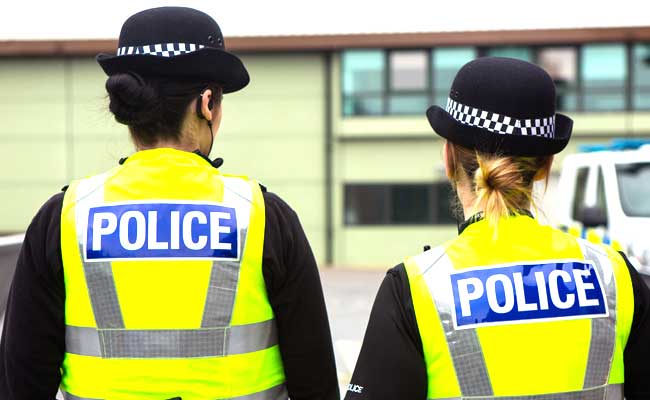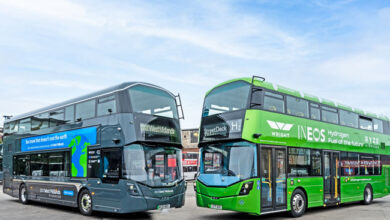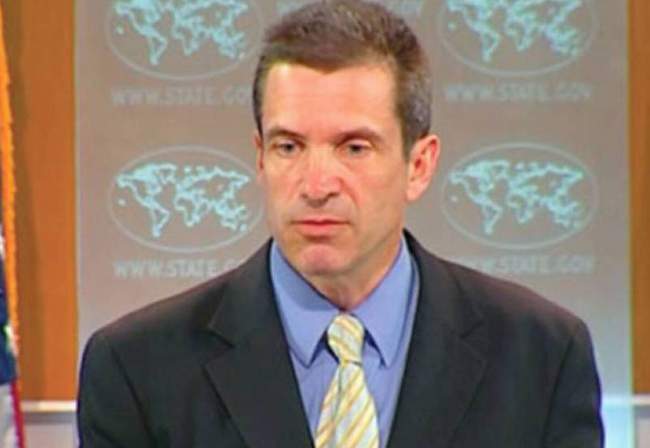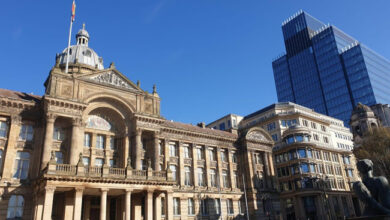Mangrove Nine: When Black Power Took on the British Establishment

On the August 9, 1970, 150 black protesters marched against the Metropolitan Police, challenging the campaign of intimidation that had been waged against their community. This protest set in motion the train of events that led to the trial of the Mangrove Nine where the power of the British state went up against black power and lost. The trial of the Mangrove Nine was a historical event. The first time the British establishment, sitting incarnate as a robed judge in the Old Bailey, recognised that there was institutionalised racism at the heart of the British state. Alongside this, it played its part in the rise of the radical barrister, Ian Macdonald QC, who died this month. Macdonald was a landmark figure in the civil liberties community, campaigning both in court and beyond for equality in society. He was instrumental to the trial of the Mangrove Nine, guiding the black activists in the presentation of their case, and relentlessly challenging the prejudices of the bench, the prosecution and their witnesses.
The issue which lay at the heart of the Mangrove Nine case was the rise of a black power movement in Britain. As the black civil rights movement rose in America, figures like Martin Luther King and Malcolm X at the forefront, a British wing paralleled its ascent. This was Britain at the end of Empire, a Britain that had opened its doors to subjects of the Commonwealth, the Windrush generation flocking to Britain, taking up the British government’s offer of new jobs and a new life.
Read more: Nicholas Reed Langen, Justice Gap, https://is.gd/mDrFTI





